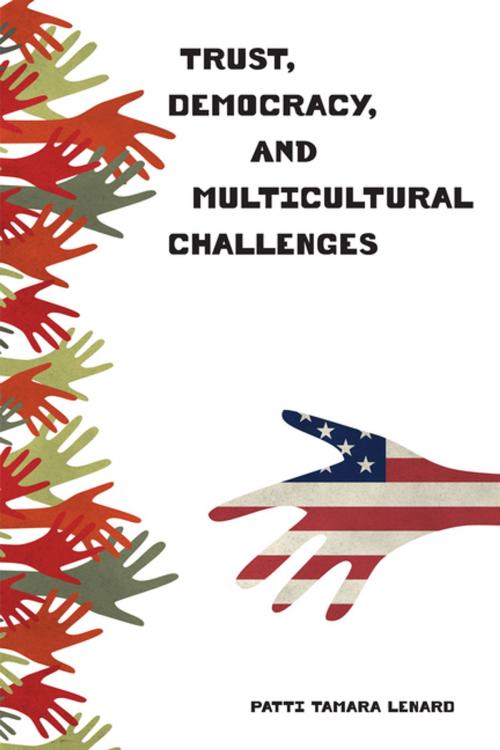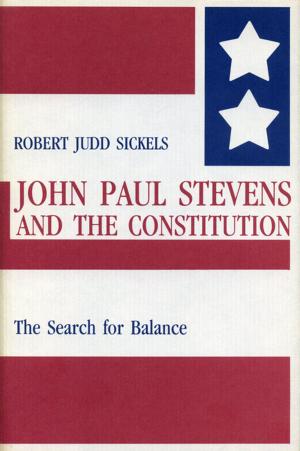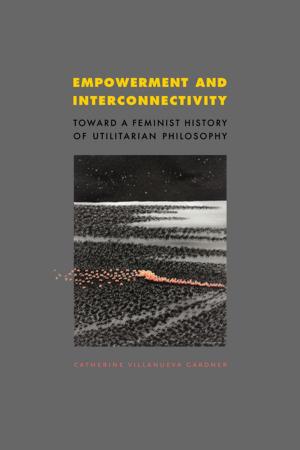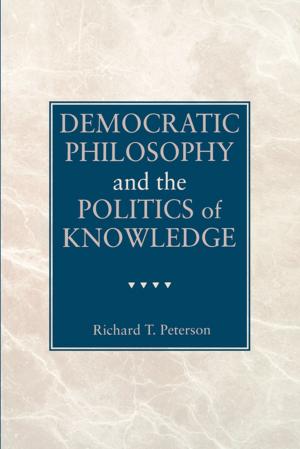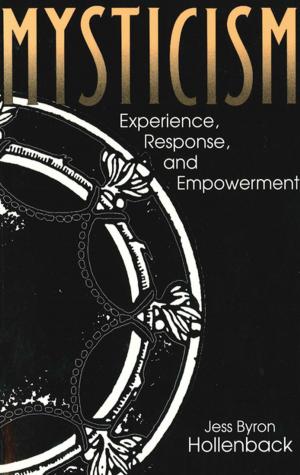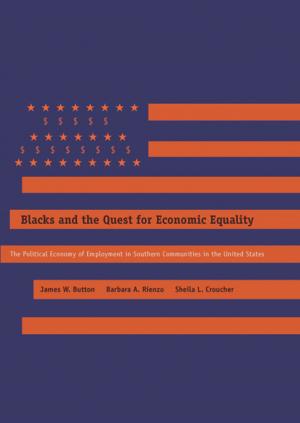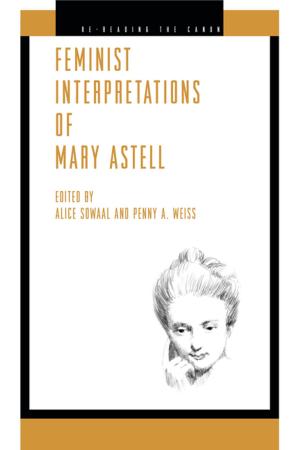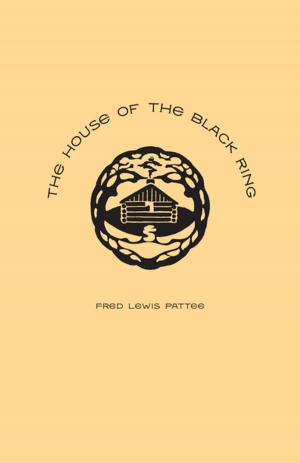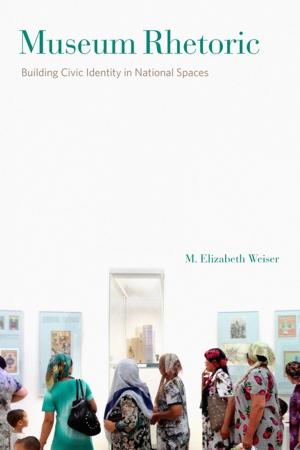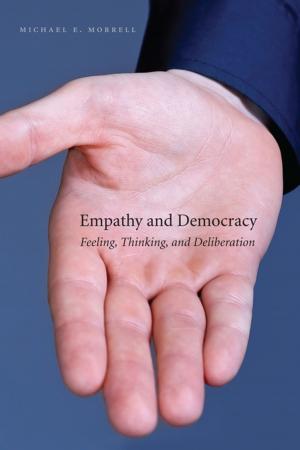Trust, Democracy, and Multicultural Challenges
Nonfiction, Social & Cultural Studies, Political Science, International, Foreign Legal Systems, Social Science, Discrimination & Race Relations, Politics, History & Theory| Author: | Patti Tamara Lenard | ISBN: | 9780271073965 |
| Publisher: | Penn State University Press | Publication: | May 1, 2012 |
| Imprint: | Penn State University Press | Language: | English |
| Author: | Patti Tamara Lenard |
| ISBN: | 9780271073965 |
| Publisher: | Penn State University Press |
| Publication: | May 1, 2012 |
| Imprint: | Penn State University Press |
| Language: | English |
Banning minarets by referendum in Switzerland, publicly burning Korans in the United States, prohibiting kirpans in public spaces in Canada—these are all examples of the rising backlash against diversity that is spreading across multicultural societies. Trust has always been precarious, and never more so than as a result of increased immigration. The number of religions, races, ethnicities, and cultures living together in democratic communities and governed by shared political institutions is rising. The failure to construct public policy to cope with this diversity—to ensure that trust can withstand the pressure that diversity can pose—is a failure of democracy. The threat to trust originates in the perception that the values and norms that should underpin a public culture are no longer truly shared. Therefore, societies must focus on building trust through a revitalized public culture. In Trust, Democracy, and Multicultural Challenges, Patti Tamara Lenard plots a course for this revitalization. She argues that trust is at the center of effective democratic politics, that increasing ethnocultural diversity as a result of immigration may generate distrust, and therefore that democratic communities must work to generate the conditions under which trust between newcomers and “native” citizens can be built, so that the quality of democracy is sustained.
Banning minarets by referendum in Switzerland, publicly burning Korans in the United States, prohibiting kirpans in public spaces in Canada—these are all examples of the rising backlash against diversity that is spreading across multicultural societies. Trust has always been precarious, and never more so than as a result of increased immigration. The number of religions, races, ethnicities, and cultures living together in democratic communities and governed by shared political institutions is rising. The failure to construct public policy to cope with this diversity—to ensure that trust can withstand the pressure that diversity can pose—is a failure of democracy. The threat to trust originates in the perception that the values and norms that should underpin a public culture are no longer truly shared. Therefore, societies must focus on building trust through a revitalized public culture. In Trust, Democracy, and Multicultural Challenges, Patti Tamara Lenard plots a course for this revitalization. She argues that trust is at the center of effective democratic politics, that increasing ethnocultural diversity as a result of immigration may generate distrust, and therefore that democratic communities must work to generate the conditions under which trust between newcomers and “native” citizens can be built, so that the quality of democracy is sustained.
